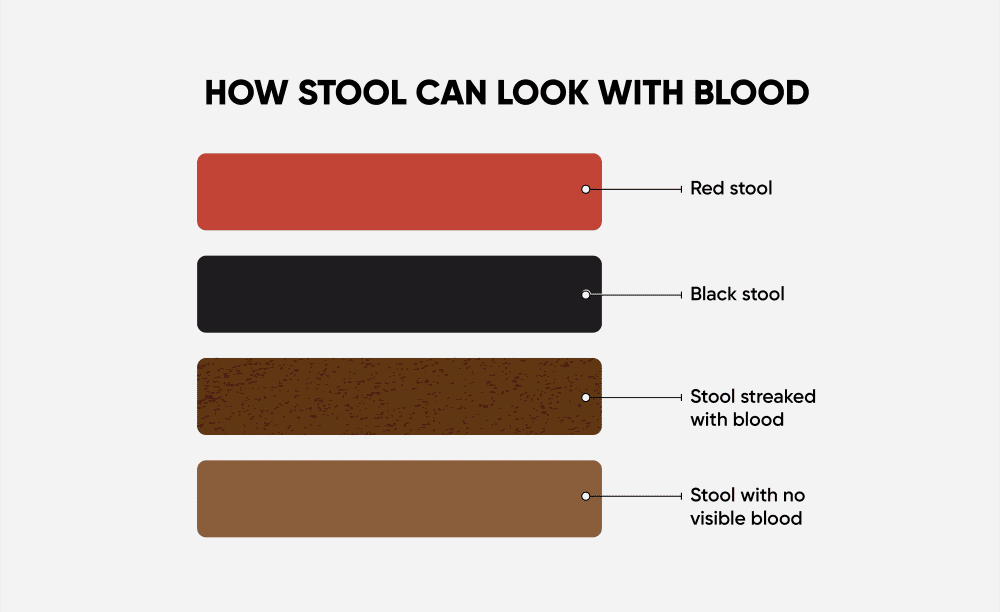Cancer Care
Want to learn more about this at Kettering Health?
At a Glance
Q: What are the warning signs of colorectal cancer?
A: Blood in stool, anemia, and changes in bowel habits can signal colorectal cancer. Early detection makes treatment more effective.
- Hemorrhoids aren’t the only reason for bleeding.
- Anemia and fatigue may signal internal bleeding.
- Colonoscopy is key for early diagnosis.
Colorectal cancer is the second most common cause of cancer deaths for men and women combined. And while there is an overall downward trend, cases are on the rise in people younger than 55.
The exact reason for this is unknown. But the good news is colorectal cancer is highly treatable—when caught early. Surgical Oncologist Dr. Minia Hellan shares symptoms to watch for.
Blood in stool
Cancer in the left side of the colon or the rectum often causes bright red blood in the stool or on the toilet paper after wiping. Hemorrhoids may also cause bleeding, but Dr. Hellan advises anyone who notices blood to see their doctor.
“If somebody has blood in the stool,” she says, “I would never assume they have hemorrhoids until I know for sure that they don’t have colorectal cancer.”
Instead of red blood, right-sided colon cancer can cause dark, black-looking stool from old blood passing through the colon. According to Dr. Hellan, bleeding can also be solely internal.
This bleeding can lead to anemia—usually one of the first symptoms of colorectal cancer besides visible blood. Anemia can cause extreme fatigue and weakness.
“If anyone who is 40 or so presents with anemia,” Dr. Hellan says, “in my opinion, they need to get a workup including a colonoscopy to rule out colorectal cancer.”
Changes in bowel movements
Colorectal cancer can also cause changes to bowel movements. Narrow, thin stool is common as well as diarrhea or constipation.
“You could constantly feel like you need to go to the bathroom,” Dr. Hellan says, “but there’s not really much coming out.”
Another common symptom is pain during a bowel movement, especially in the rectum.
“If you have really low rectal cancer,” Dr. Hellan says, “then it starts to grow into your sphincter muscles and then you really start getting pain because that’s where we have a lot of nerves.”
Don’t shy away
It can be embarrassing to talk about bowel movements with your doctor. But Dr. Hellan tells her patients to think of it as any other bodily function.
“Without bowel movements and digestion, we would not be alive,” she says. “It’s part of life.”
Colorectal cancer is treatable when caught early, and one conversation could make a world of difference to your health.









